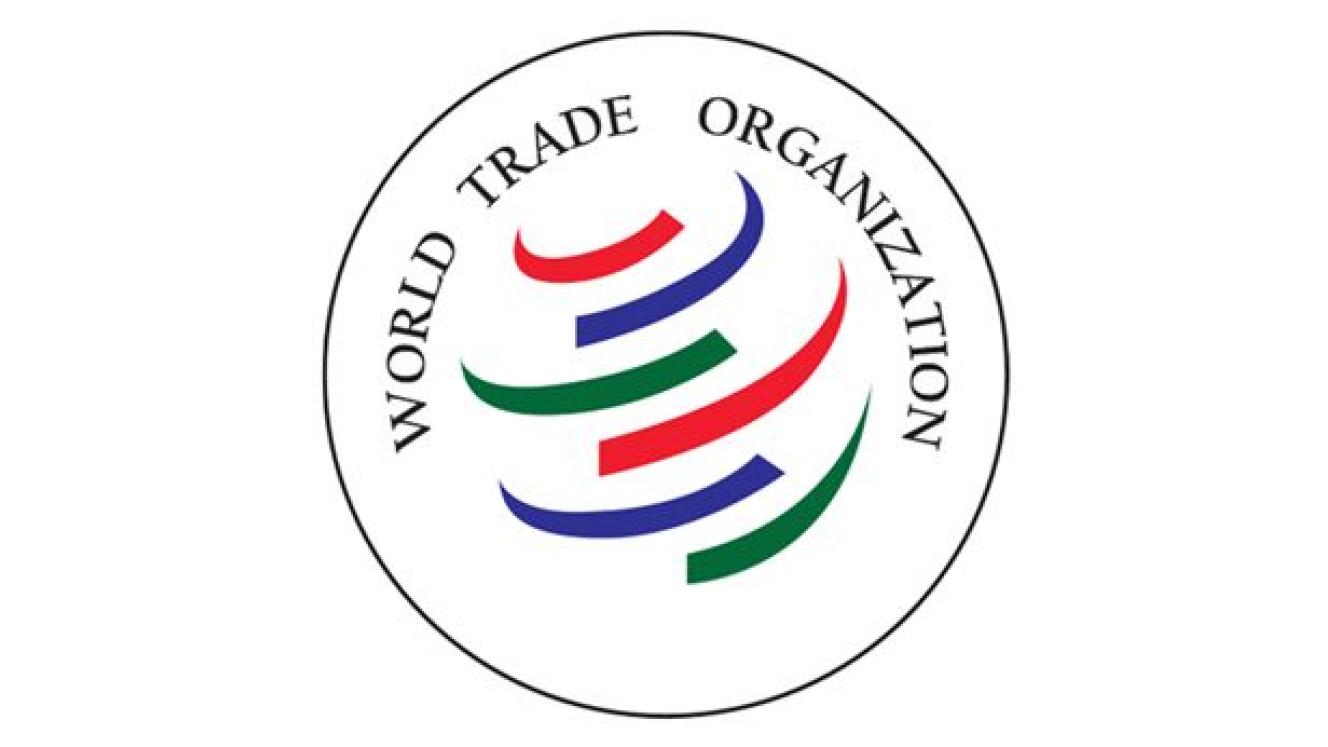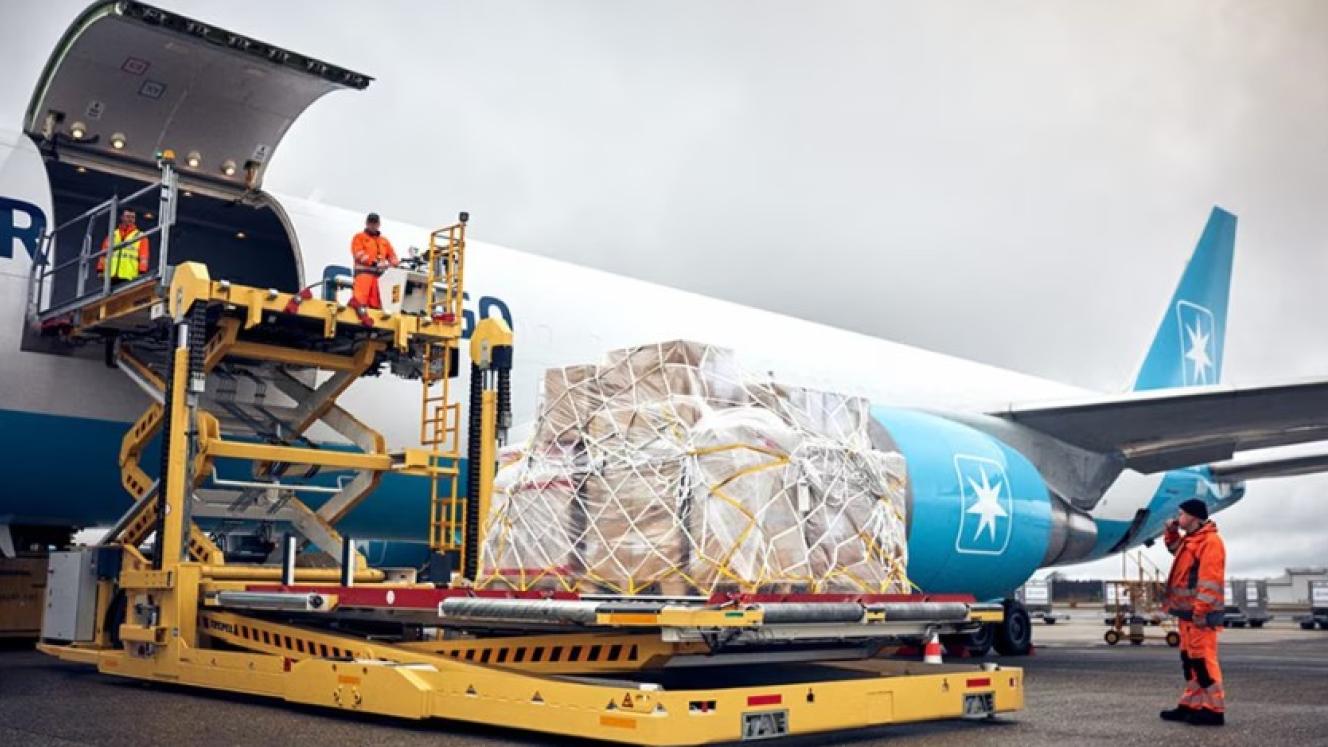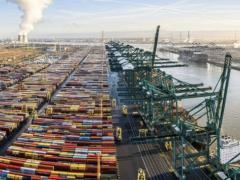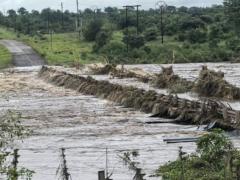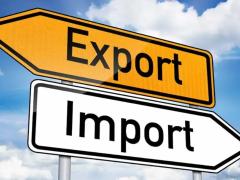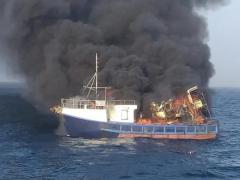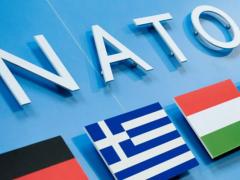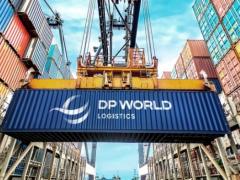Eighty countries and customs territories so far have introduced export prohibitions or restrictions as a result of the Covid-19 pandemic according to a new report by the WTO Secretariat.
Few of the culprits, however, have exercised transparency on the issue.
The report, which is based on information from official sources and news outlets, draws attention to this lack of transparency at the multilateral level and long-term risks that export restrictions pose to global supply chains and public welfare.
The restrictions mostly cover medical supplies such as face masks, pharmaceuticals, ventilators and other medical equipment. Some of the measures have extended the controls to other products such as food and toilet paper.
However, only 13 WTO members (or 39 if EU member states are counted individually) have submitted information on these new measures in line with WTO rules for quantitative restrictions. Three of them have notified export restrictions on foodstuffs in accordance with the WTO Agriculture Agreement.
Only a handful of notifications were submitted in March and these have since increased in April.
While the report acknowledges exceptions in WTO rules for export prohibitions or restrictions, it also highlights costs that both importing and exporting economies will face in the long run, particularly in terms of lower supply and higher prices for much-needed products.
WTO Director-General Roberto Azevêdo has urged members to exercise maximal restraint in the use of export restrictions and other measures that could disrupt supply chains. He has also called on WTO members to improve transparency on any new trade-related measures.
